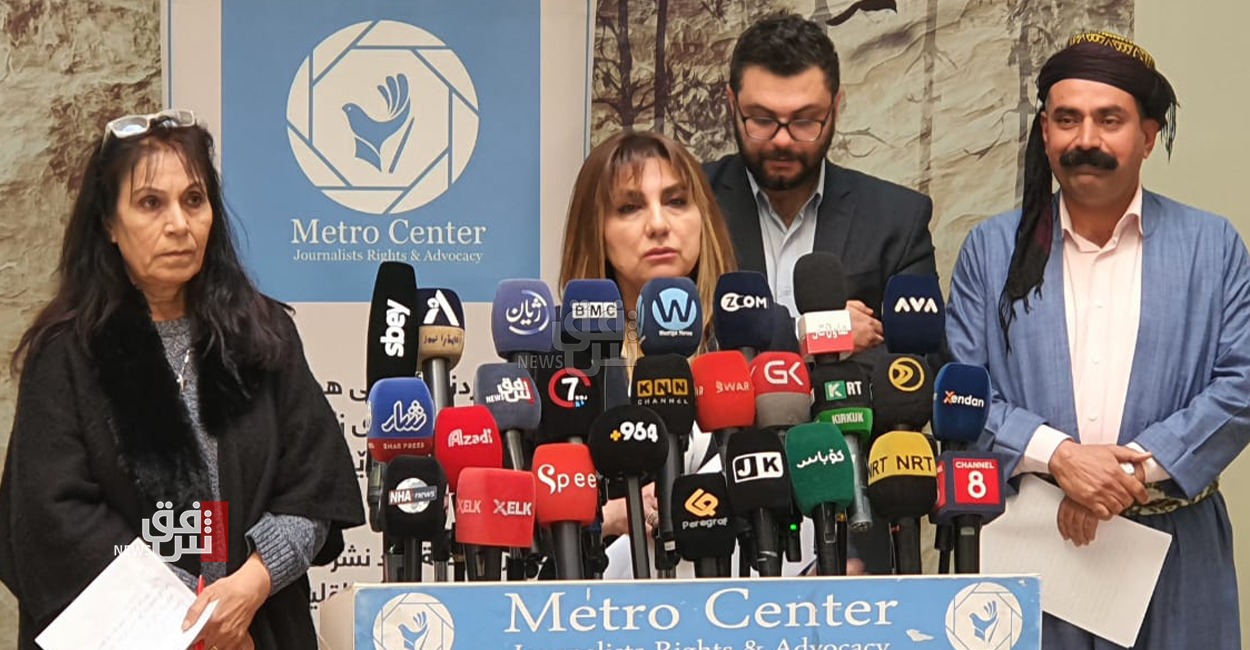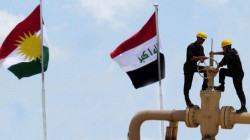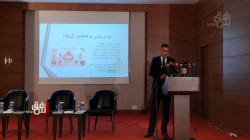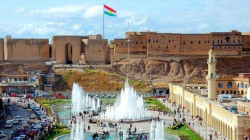Metro center and Alliance of Iraqi Minorities Network condemn media attack on minorities in Kurdistan Region

Shafaq News/ The Metro Center for Journalists' Rights and Advocacy in Kurdistan Region spoke out, on Wednesday, against what it labeled as a media onslaught on minorities in the region following the recent decision by the Federal Court regarding minority representation in the regional parliament.
Director of Metro Center, Diyari Mohammed, emphasized, "We've witnessed unjust attacks on minorities, who are integral parts of our country, especially after the Federal Court's ruling. These campaigns have undermined the rights of minorities. We at the Metro Center firmly reject these media attacks and urge all citizens to refrain from engaging in harmful rhetoric that affects the minority communities."
Last week, the Federal Supreme Court, made several rulings on the Kurdistan Parliament's election law and declared the Kurdistan Region parliament's 11 minority seats "unconstitutional". It said the parliament has only 100 members, not 111 as before.
The Alliance of Iraqi Minorities Network expressed disappointment over the abolition of the minority quota, viewing it as “a setback in efforts to ensure minority participation in elections.”
Israa Al-Faily, representing the Alliance of Iraqi Minorities Network, highlighted concerns over the Federal Court's decision to eliminate the provision guaranteeing minority quota seats in the Kurdistan parliament elections. She stated, "Removing the quota is a concerning step backward in efforts to protect and empower minorities in decision-making processes."
Al-Faily stressed the importance of safeguarding the rights of minority groups, citing international agreements and conventions that Iraq has ratified. She noted, “ensuring minority rights contributes to political and social stability and fosters inclusive decision-making and public participation, aligning with global practices.”
She added, “The Alliance of Iraqi Minorities Network has tirelessly advocated for minority rights and worked to expand representation beyond a select few groups. Despite challenges posed by political conflicts, the network has strived to enhance mechanisms for minority inclusion in public affairs.”
Al-Faily concluded by underscoring the need for “upholding minority representation in the Kurdistan Region parliament and beyond,” emphasizing that “it is not just a minority issue but a fundamental aspect of democracy and human rights.” She called on political parties to prioritize the protection of minority rights and to promote fair and inclusive representation for all communities.
Last week, the Federal Supreme Court, made several rulings on the Kurdistan Parliament's election law and declared the Kurdistan Region parliament's 11 minority seats "unconstitutional". It said the parliament has only 100 members, not 111 as before.
Noteworthy, the Kurdish election law, enacted in 1992 and revised in 2013, was challenged in the Iraqi federal court for being unconstitutional. The court consolidated the cases because of their similarity.
The law allocated 11 out of 111 seats in the legislature for minorities: five for Turkmen, with Assyrians, Chaldeans, Syriacs, and Armenians each having one seat.
The federal court replaced the Independent High Electoral and Referendum Commission of the Kurdistan Region with Iraq's Independent High Electoral Commission (IHEC) to manage the Region's elections, following its ruling that the parliament's term extension was unconstitutional. IHEC will supervise the elections until a new parliament establishes its own regional commission.





